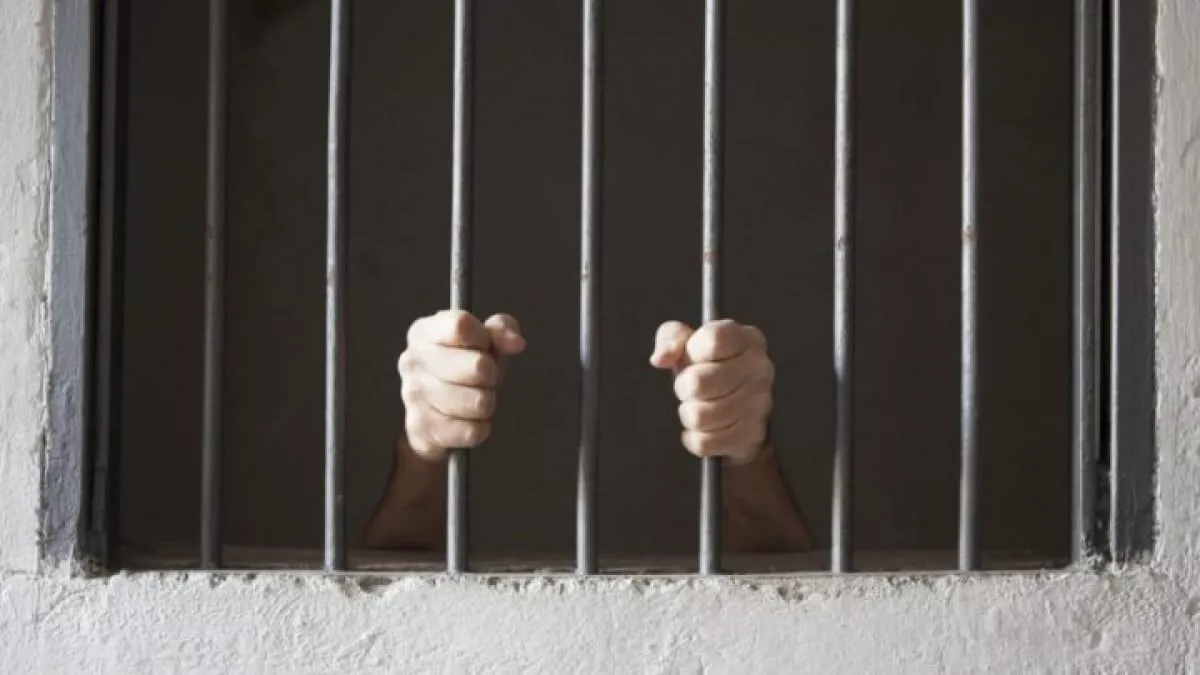A lighter punishment will be introduced for offenders under the age of 18

Important changes aimed at softening the responsibility of individuals under the age of 18 are being prepared in the criminal law system of Uzbekistan. This was reported by Upl.uz.
The new bill approved by the Senate of the Oliy Majlis will introduce a new approach to the criminal record status of young people. These changes are a logical continuation of the reforms within the framework of the "New Uzbekistan" development strategy.
The bill is awaiting the President's signature, and according to it, young people who have fully served their sentences for crimes that do not fall under serious offenses will not be considered convicted. This initiative aims to facilitate the adaptation of young people to society and provide them with the opportunity to continue their lives free from the stigma of a criminal record.
According to official statistics, in 2023, 1,911 minors were held accountable for crimes in the republic, while in 2024, this figure reached 2,214. Most of the crimes fall into the category that does not pose serious danger.
For example, in 2024, 1,238 crimes were classified as low-risk, while 855 were assessed as medium severity. In the new law, along with the reconsideration of the criminal record status, the duration of punishment and imprisonment for young people will be reduced from six months to one month.
This allows courts to apply a tailored approach to each case. The amendments approved by senators are part of comprehensive reforms aimed at liberalizing legislation.
Previously, a norm was introduced stating that candidates' relatives should not be denied employment due to a criminal record. These measures are aimed at protecting citizens and increasing the effectiveness of rehabilitation, especially for young people who have encountered the law.
Additionally, the introduction of a house arrest institution for minors is being considered in Uzbekistan. These measures are being adopted as an alternative to detention during the initial investigation phase and serve to protect the rights of young people.

